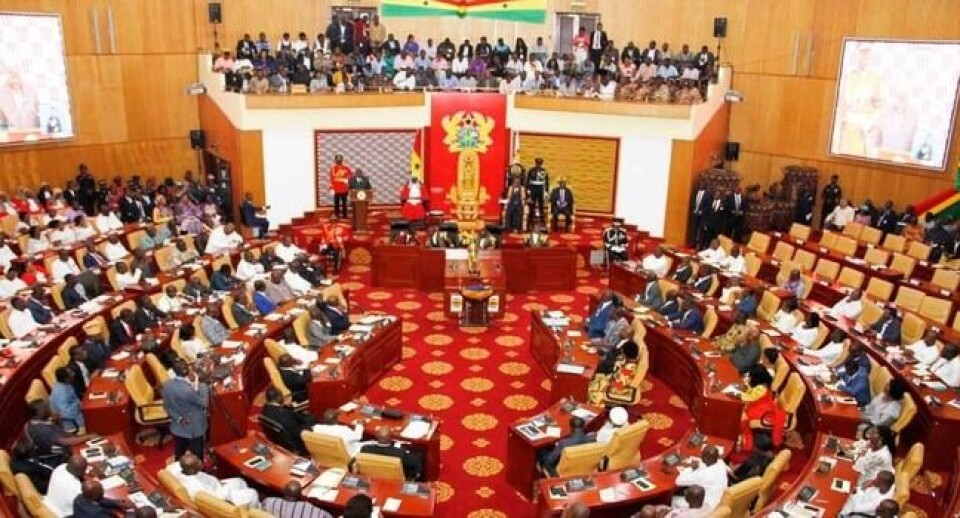Copyright : Re-publication of this article is authorised only in the following circumstances; the writer and Africa Legal are both recognised as the author and the website address www.africa-legal.com and original article link are back linked. Re-publication without both must be preauthorised by contacting editor@africa-legal.com
Ghana joins move to abolish death penalty

In a significant step, Ghana's Parliament has voted to eliminate the death penalty for all crimes except high treason, writes Marian Ansah.
This decision positions Ghana as the 29th African country and the 124th globally to put an end to capital punishment, although it still stands for treason. The bill will amend the Criminal Offences Act, replacing the death penalty with life imprisonment. A key figure behind this bill is Francis Xavier Sosu, a Member of Parliament for Madina and a human rights lawyer. President Nana Akufo-Addo is now left to sign the bill into law.
Despite not having executed anyone since 1993 and being considered a nation that abstains from capital punishment in practice, Ghana’s Constitution, Criminal Code and Other Offences Act still allowed the death penalty as a sentence for specific crimes such as murder, genocide and the smuggling of valuable resources like gold and diamonds. With this change, the sentences of 176 individuals on death row, including six women, could be commuted to life imprisonment.
The United Nations Special Rapporteur on extrajudicial, summary or arbitrary executions, Morris Tidball-Binz, emphasises that the death penalty could result in other severe forms of punishment, including near-total isolation. He argues this violates the right to life and freedom from inhumane treatment.
The movement towards abolishing the death penalty has been a long-standing topic of discussion in Ghana. Although the Constitution Review Commission advocated for its abolition in 2012, it was only in 2023 that the notion was seriously examined and ultimately approved.
Human rights organisations and activists have lauded this abolition as a significant step towards the ultimate goal of eliminating the death penalty worldwide. Anne-Christine Ramberg, Co-Chair of the International Bar Association's Human Rights Institute (IBAHRI), has specifically praised Ghana's Parliament for its unwavering commitment to upholding human rights principles and the sanctity of life.
However, there are dissenting voices like that of Harry Agbanu, a religious lecturer at the University of Ghana, who harbour reservations about this shift. Agbanu expressed concerns that the abolition may inadvertently trigger an increase in violence and criminal activities by specific segments of society, potentially giving rise to mob-driven actions. He believes a compelling argument supporting abolition has not been adequately presented.
Amid a worldwide shift away from capital punishment, more than 70% of countries have relinquished its use, either through legal prohibition or practical cessation. This trend finds resonance in Africa, where the prevalence of capital punishment is diminishing. Approximately 41 countries are recognised for their de facto bans, having abstained from executions for a period exceeding a decade. Last year 52 countries confirmed death sentences, four less than in 2021, reported Amnesty International.
Despite this decrease, statistics reveal that at least 883 executions were recorded in 2022, marking a 53% increase compared to the preceding year. However, progress has been evident over the past five years, with countries such as Sierra Leone, Burkina Faso, the Central African Republic, Equatorial Guinea and Zambia all abolishing the death penalty.
To join Africa Legal's mailing list please click here
